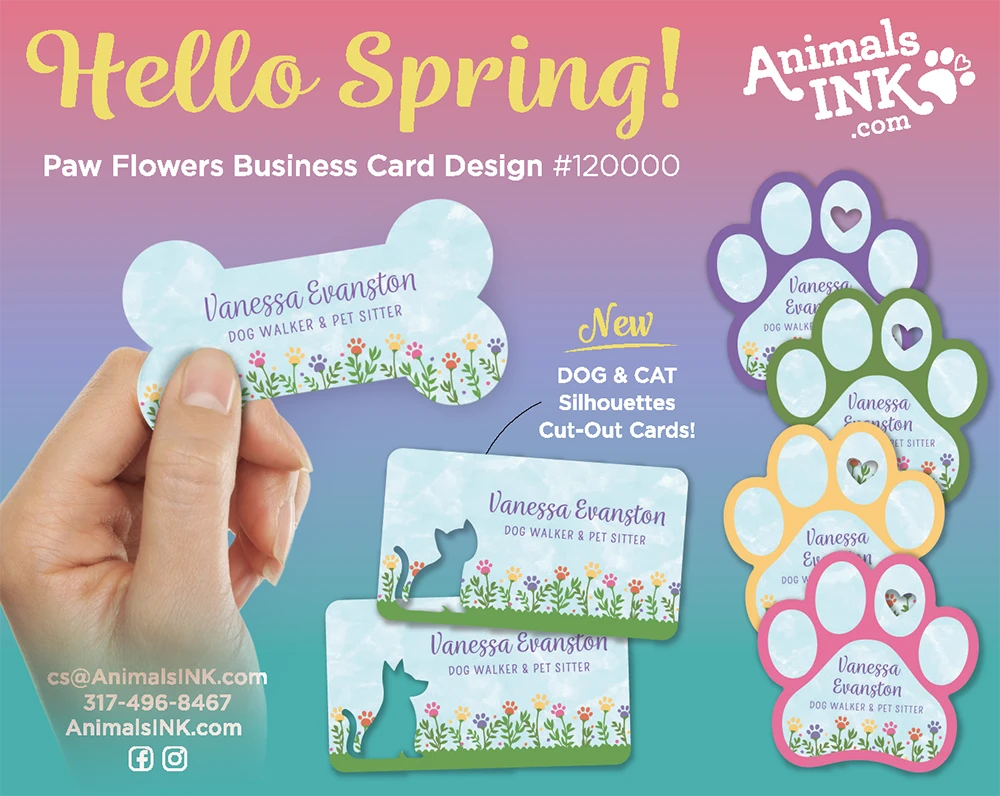


re you putting your health at risk by not having fun? According to medical and mental health professionals, the answer is yes! Despite this, many of us put fun at the bottom of our priorities, or don’t even consider it at all. But why?
We live in a world that teaches us to seek achievement and perpetuates the idea that personal value is tied to success. This construct sets up a pattern of behavior that has us very action and outcome oriented. It also reinforces a belief that time not spent constructively (in service or task completion) is time wasted…and wasting time is “bad.”
Furthermore, the idea of fun itself has been minimized. For most of us this started early on with childhood rules, such as, You have to clean your room first, then you can go out and play. As adults we’ve applied that rule to our to-do lists—fun isn’t allowed until the to-do list is done. The problem is, whether at home or at work, the to-do list never ends, landing us in a pattern of perpetual work and resistance to fun.
As a result, many of us spend time off from work trapped in anxiety and shame over all we have to do and how little we’ve gotten done. We retreat, we hide, we buffer, and we certainly don’t have any fun. This causes our physical and emotional wellbeing suffer, feeding into a spiral that pulls us down over time.
Neuroscience shows us that neurotransmitters are released based on the characteristics of photon (light) storms in the brain. Those photon storms are calibrated by what we focus on and think about. So, if we put all of our attention on the overwhelming to-do list or stressful events of the day, the resultant photon storm will create neurotransmitters that keep us in overwhelm and anxiety. However, when we engage in fun activities, our focus automatically shifts and neurotransmitters for higher-level emotions are released.
This is important to consider because the way we feel day in and day out (i.e., our mood) is the net result of those photon storms. Our average mood drives our actions and outcomes. It’s impossible to create lasting positive changes in our lives and physical health if our mood is consistently low.
So, if you know what you need to do to feel better or make progress toward a personal goal but you just can’t seem to take action consistently or struggle to sustain the progress you do make, this is why. The great news is, just by intentionally making time for fun, you can break this cycle, feel better and start making sustainable progress.
- Engaging in fun activities shifts your focus away from stress-inducing thoughts.
- This shift elevates your emotional energy, releasing feel-good hormones and decreasing stress hormones.
- Higher emotional energy frequencies compound with time and repeated exposure to fun activities, shifting your average mood to a higher level.
- Even after the fun activities end, the higher level mood lingers.
Here’s the really cool part—it doesn’t even matter what kind of fun you have, it all works! Is it fun for you to be outside walking, hiking or just relaxing? It will work! How about window-shopping or just wandering in public places? That will work, too! Quiet afternoons in coffee shops drinking lattes and people watching? That counts! Hanging out with enjoyable friends and family with no agenda? Great for your mood! Silly movies or comedy clubs that bring out the belly laughs? Excellent medicine! Creative activities like drawing, painting, sewing, singing or playing music? All powerful mood elevators!
The big question is, if it’s so simple, why don’t we do this more often? Well, in order for you to take advantage of this life-altering, health-improving hack, you must first give yourself permission to release the beliefs that to-do lists must be finished before fun and that time spent in fun activities is time wasted. These things are simply not true and will never help you accomplish more, improve your health or enhance your life.
Furthermore, because of the positive lingering effect that fun has on your nervous system, there are some really powerful secondary benefits that occur when fun is prioritized. For example, you become more motivated to tackle the old to-do list, work becomes more enjoyable because you are more resilient in the face of stress at work, and you begin compounding a positive state of wellbeing, therefore improving your health.
Ready to try out some “fun medicine” for yourself? Here are a few tips:
- Keep it simple: Pick a fun activity that is easy for you to do right now and doesn’t require a lot of effort to get started.
- Schedule it: Put a block on your calendar and reserve it for fun; don’t assume you’ll find time, because you won’t! Make the time now.
- Amp it up: Start with just one fun session a week and work your way toward one fun session per day. These sessions don’t have to be hours long, even 15 minutes has a lasting impact.
- Trust the process: Building a new habit of fun and experiencing the compounding positive impact fun creates doesn’t happen overnight, but it does happen with consistent commitment.
- Track your progress: Make a note daily or weekly of your mood, your weight, your blood pressure or whatever other aspect of your health you’re working to improve and notice how it changes for the better over time.
Our lives may be busy and unpredictable as veterinary professionals, but there is no reason why we can’t intentionally have fun along the way—our wellbeing depends on it!

